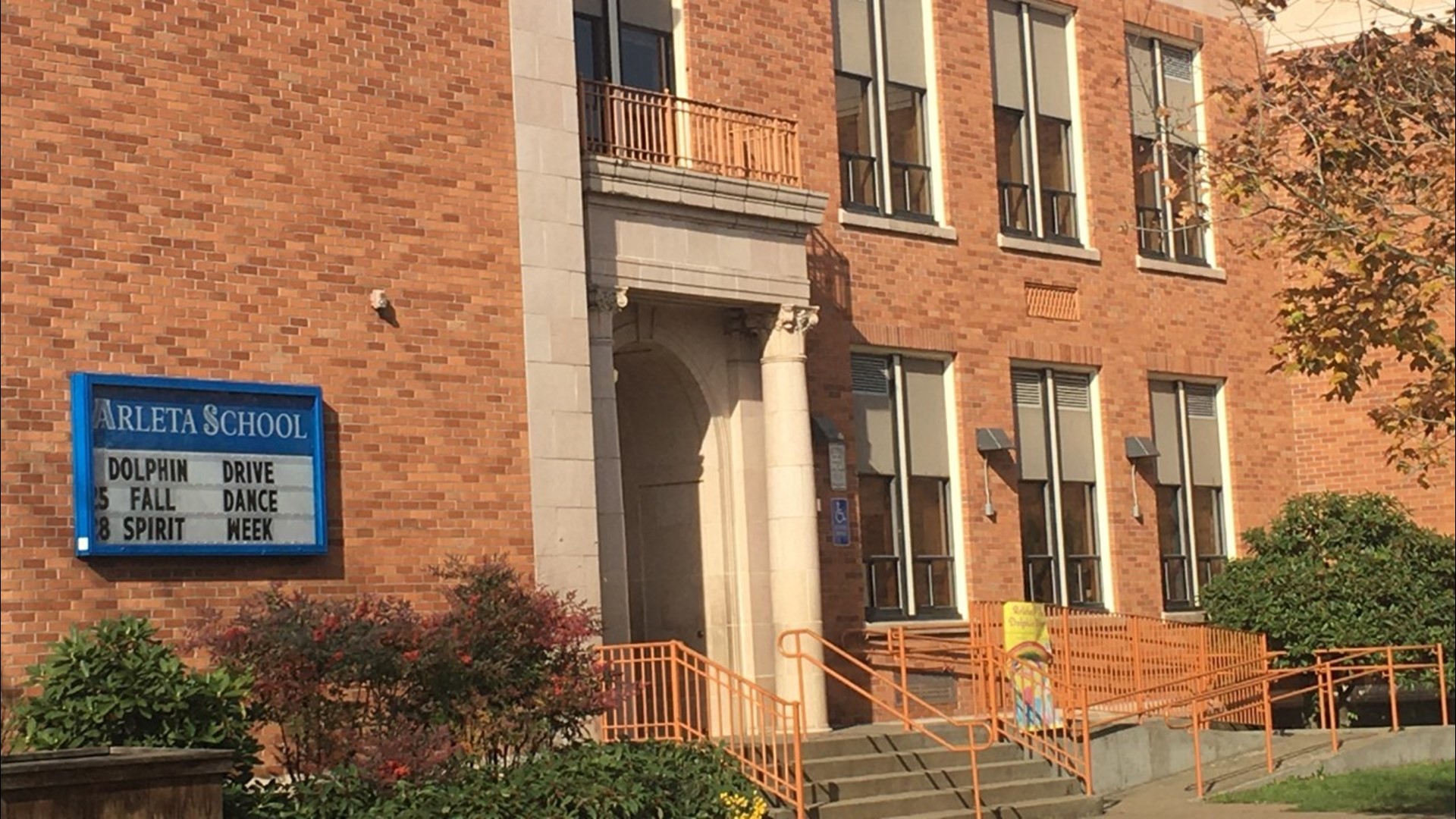PORTLAND, Ore. — A third grade student ended up in the hospital after consuming crack cocaine given to them by another student Monday at a Southeast Portland school, parents and a teacher told KGW.
In a letter sent to parents, the principal said the student seemed to be OK. The letter did not clarify which class the incident happened or what substance the child consumed. A teacher and two parents said they were told by the principal that it was crack cocaine.
Carlo Hernandez has a little brother in a different third grade class. He was unaware of the seriousness of the situation.
“From the parents in third grade that I do know and even parents in second grade – we are neighbors with multiple second graders and third graders. They’re all very concerned,” Hernandez said.
A spokesperson with Portland Public Schools said school leaders acted appropriately and followed health protocols.
According to the district, the child went to the office around 11:40 a.m. and was evaluated by a health assistant for 35 minutes before the building administrator was notified. The parents arrived at the school 45 minutes later and took the student to the hospital, the district said.
Portland police confirmed its in the early stages of an investigation.
MESD, the company that employs the assistant nurse who is assigned to the elementary school addressed why the nurse did not call 911. It said in a statement:
When a student arrives at the health room, health staff determines the student's need to inform next steps consistent with their health training. In the case of an unknown ingested substance, the health staff coordinate with the school staff to find the substance that was ingested, monitor the student and provide appropriate medical care, and ensure the student's family is notified. The health assistant has the authority to call emergency medical services at any time and would call the EMS if they observed life-threatening symptoms such as unresponsiveness, convulsion or difficulty breathing. The health staff did not call EMS in this case because the substance was unknown and the student did not have life-threatening symptoms.

